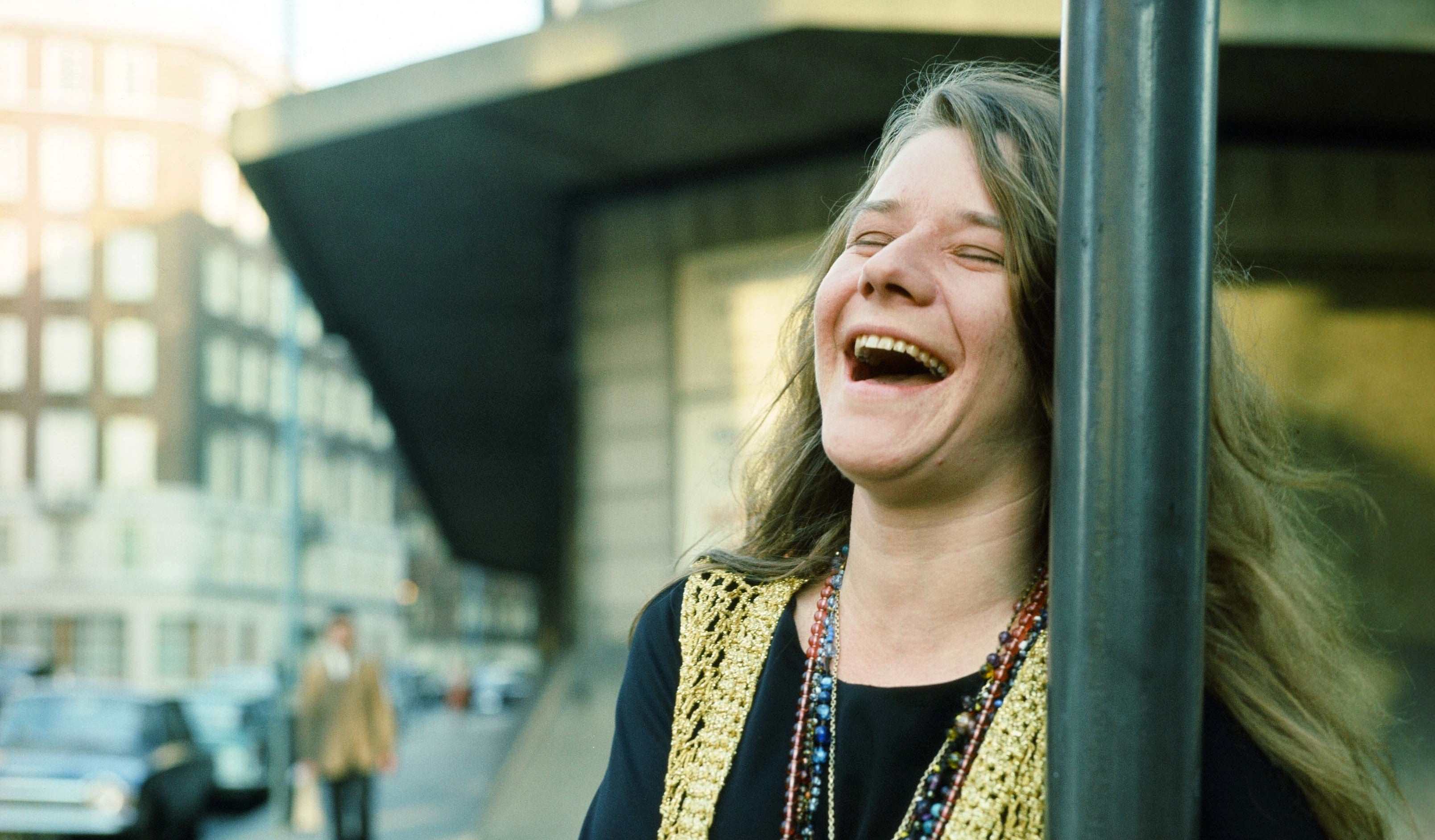
Janis Joplin was a legendary figure in the world of rock and roll, known for her powerhouse vocals and unapologetic attitude. Born on January 19, 1943, in Port Arthur, Texas, Joplin’s unique voice and mesmerizing stage presence made her one of the most iconic musicians of the 1960s.
In this article, we will explore 16 fascinating facts about Janis Joplin that shed light on her remarkable life and career. From her early struggles to her rise to fame, Joplin’s journey was filled with triumphs, heartbreaks, and an unwavering commitment to her music.
So, grab a seat and get ready to dive into the world of Janis Joplin, as we uncover the lesser-known details about this trailblazing artist.
Key Takeaways:
- Janis Joplin, a rock and roll trailblazer, overcame societal expectations and paved the way for female musicians with her powerful voice and unapologetic authenticity.
- Her timeless influence on music continues to inspire artists today, showcasing the enduring impact of Janis Joplin’s soulful voice and fearless spirit.
Janis Joplin was born on January 19, 1943, in Port Arthur, Texas.
As a child, Janis stood out for her rebellious nature and love for music. She discovered her passion for singing at an early age and began performing in local clubs and bars.
She rose to fame as the lead vocalist of the band Big Brother and the Holding Company.
Janis joined the band in 1966 and her dynamic voice quickly gained attention. Their album “Cheap Thrills” became a massive success, featuring hits like “Piece of My Heart” and “Ball and Chain.
Janis Joplin was known for her eclectic style and unconventional fashion sense.
She became an icon of the counterculture movement, often sporting bohemian clothes, feathered accessories, and colorful scarves that reflected her free-spirited personality.
Her signature song, “Me and Bobby McGee,” was released posthumously and became a number one hit.
It was a song she recorded shortly before her untimely death in 1970, which showcased her incredible vocal range and storytelling ability.
Janis Joplin’s nickname was “Pearl.”
She earned this nickname because of her deep and soulful voice, which resembled the lustrous gem.
She was influenced by blues and soul artists like Bessie Smith and Aretha Franklin.
Joplin’s music was a fusion of rock, blues, and soul, blending powerful vocals with heartfelt lyrics that resonated with audiences worldwide.
Janis Joplin was one of the first women to be inducted into the Rock and Roll Hall of Fame.
In 1995, she was posthumously honored for her significant contributions to the music industry.
Her performances at the Monterey Pop Festival and Woodstock are legendary.
Joplin’s electrifying performances at these iconic music festivals solidified her status as one of the greatest live performers of all time.
She battled with substance abuse throughout her life.
Joplin’s struggles with addiction were well-documented, and her demons ultimately contributed to her untimely death from a drug overdose at the age of 27.
Janis Joplin paved the way for female rock artists.
Her fearless and unapologetic approach to music opened doors for future generations of female musicians to express themselves authentically.
She was posthumously awarded a Grammy Lifetime Achievement Award in 2005.
This recognition celebrated her enduring impact on the music industry and her lasting legacy.
Joplin’s powerful voice was often compared to that of a “blues shouter.”
Her ability to belt out songs with raw emotion and intensity solidified her place as one of the most distinctive voices in rock history.
Janis Joplin performed at the historic 1969 Harlem Cultural Festival.
Her captivating performance showcased her ability to connect with diverse audiences and bridge musical genres.
She was a trailblazer for gender equality in the music industry.
Joplin defied societal expectations and proved that women could have a powerful presence in the male-dominated world of rock and roll.
Janis Joplin’s influence can still be felt in contemporary music.
Her unique vocal style and unapologetic authenticity continue to inspire artists across various genres.
A biographical film about her life titled “Janis: Little Girl Blue” was released in 2015.
This documentary delves into the highs and lows of Joplin’s career, providing insight into the complex and talented artist she was.
Conclusion
In conclusion, Janis Joplin was an influential and iconic figure in the music industry. Her unique voice and captivating performances made her a standout artist of her time. Despite her short career, she left a lasting impact on the rock and blues genres.Joplin’s raw talent and vulnerability resonated with audiences, and her music continues to be celebrated and remembered today. Her soulful and passionate singing style paved the way for future generations of female artists. Joplin’s legacy lives on, inspiring countless musicians and entertaining fans around the world.Janis Joplin’s life may have been cut tragically short, but her contribution to music will always hold a special place in history. She will forever be remembered as one of the greatest and most influential artists of her time.
FAQs
Q: What genre of music did Janis Joplin sing?
A: Janis Joplin was known for her blues and rock music. She infused elements of soul and psychedelic rock into her songs, creating a unique and powerful sound.
Q: When did Janis Joplin become popular?
A: Janis Joplin rose to prominence in the late 1960s. She gained popularity as the lead vocalist of the band Big Brother and the Holding Company and later as a solo artist.
Q: What are some of Janis Joplin’s most famous songs?
A: Some of Janis Joplin’s most famous songs include “Piece of My Heart,” “Me and Bobby McGee,” “Cry Baby,” and “Ball and Chain.
Q: What was Janis Joplin’s cause of death?
A: Janis Joplin passed away on October 4, 1970, from a heroin overdose. Her death shocked the music world and left a void that is still felt today.
Q: Was Janis Joplin part of any influential music movements?
A: Yes, Janis Joplin was associated with the counterculture movement of the 1960s. Her music and image embodied the spirit of rebellion and freedom that defined the era.
Janis Joplin's captivating performances at the Monterey Pop Festival and Woodstock solidified her status as a rock legend. Her influence on classic rock music is undeniable, paving the way for generations of female artists to follow in her footsteps. Joplin's raw talent and unapologetic spirit continue to inspire music lovers worldwide, making her an icon of the Woodstock era and beyond.
Was this page helpful?
Our commitment to delivering trustworthy and engaging content is at the heart of what we do. Each fact on our site is contributed by real users like you, bringing a wealth of diverse insights and information. To ensure the highest standards of accuracy and reliability, our dedicated editors meticulously review each submission. This process guarantees that the facts we share are not only fascinating but also credible. Trust in our commitment to quality and authenticity as you explore and learn with us.


